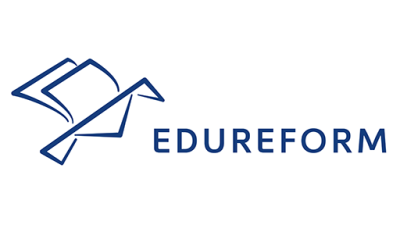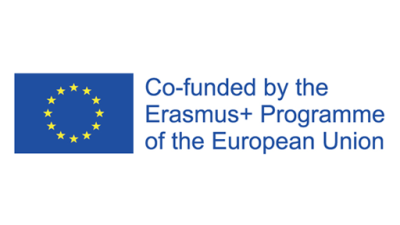Project
Mitigate the Impact of Fourth Industrial Revolution on Indian Society: EDUcationREFORM for Future and In-Service School Teachers
Project sponsors
EDUREFORM is a co-funded project with the EU's Education, Audiovisual and Culture Executive Agency (EACEA). It was planned to run from 2019 to 2022 but due to the Covid-19 pandemic will now run until 2023. The consortium is large, consisting of four Indian HEIs (Chitkara University - the coordinator, Shivaji University, The Maharaja Sayajirao University of Baroda, and Saitribai Phule Pune University), one from Italy (Univserita Telematica Degli Studi IUL), one from Latvia (Latvijas Universitate), one from Finland (Jamk University of Applied Sciences), and one from Germany (Universitaet Hamburg). There are also three schools / colleges (Chitkara International School from India, Modi EduTech and Liceo Statale Artistico P. Candiani Coreutico Musicale P. Bausch from Italy) as well one private education sector company (CXS India Private Company).
In a nutshell, this project is about enabling teachers in India to better prepare their students for work in the 21st century. In order to achieve that, we must develop the skills of current teacher educators in HEIs.
The project's aim is two-fold:
1) With the help of European partners, detect a variety of methodologies/pedagogies/teaching tools to disseminate among student teachers to develop critical, analytical and creative skills that can be transferred through their work to college students and school pupils alike through the second aim.
2) In the Indian context, adapt and include the detected innovative practices: a) in academic courses for teacher education at undergraduate / postgraduate / doctoral level -to train future teachers; b) in vocational training –to outreach in-service teachers.
These aims will be realised through a series of Empowerment Camps held in India and various European countries which will define a train-the-trainer programme for current teacher educators working in HEIs. The TtT programme will then be rolled out across India at partner universities in order to cascade the knowledge and skills needed to equip student teachers with the tools to prepare their own students and pupils with the skills necessary to meet the needs of the workforce in the 21st century. Simultaneously, professional development course of a similar nature will be produced for in-service training of teachers employed at schools and colleges and TVET institutions across India.
Project results
Four Indian universities'
curriculum, at bachelor, master, and doctoral levels, were updated with modern
teaching and learning methodologies for teacher education. Training was given
in applying the new methodologies to ensure pedagogical value to the four
institutions' teacher educators. Four young academics were mentored in project
development and management, global higher education application, and selected
academic work tasks according to their own institution's supervisor. Many Indian
students (n = 83) benefitted from attending exchange periods. These were either
to other Indian universities to experience differences in their own culture
relating to education, or to European partner universities to widen their view
on higher education, as well as develop personally and professionally. The breakdown is shown in the table below:
| Total mobilities |
% (#) of male |
% (#) of female |
% (#) of undergrads |
% (#) of postgrads |
% (#) of doctoral |
| 83 |
20,5% (n=17) |
79,5% (n=66) |
68,7% (n=57) |
25,3% (n=21) |
6% (n=5) |
January 2024

Contact:

